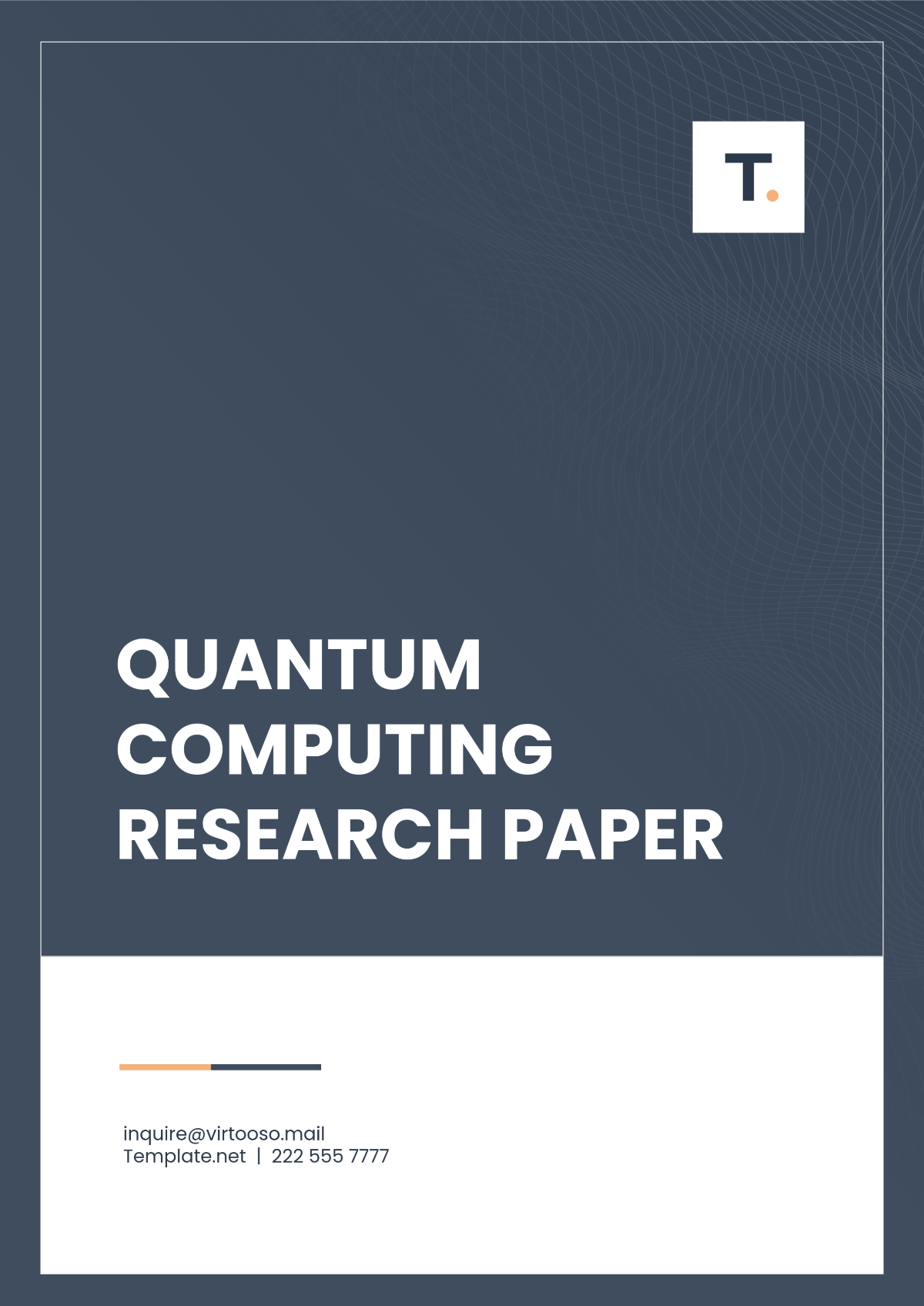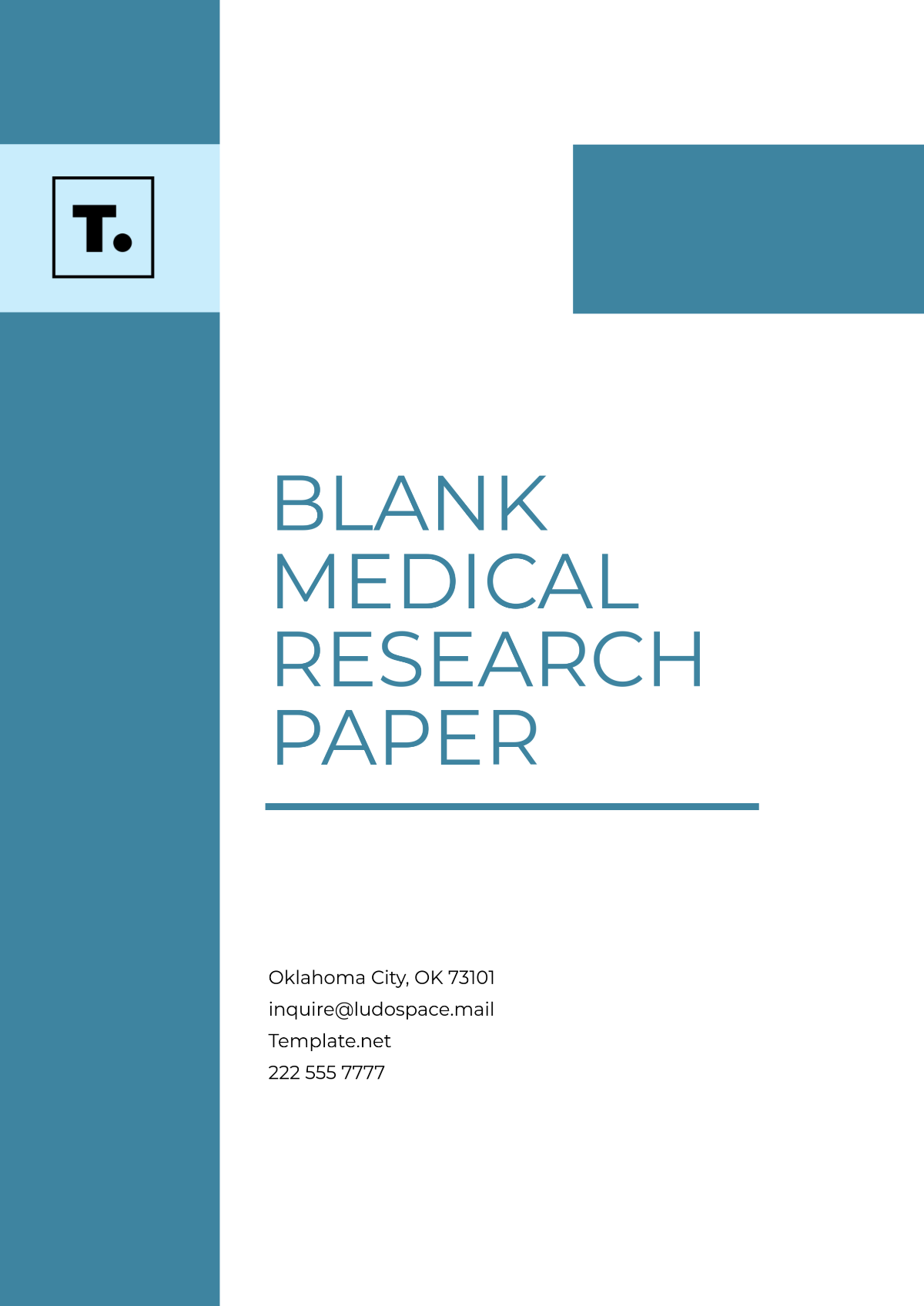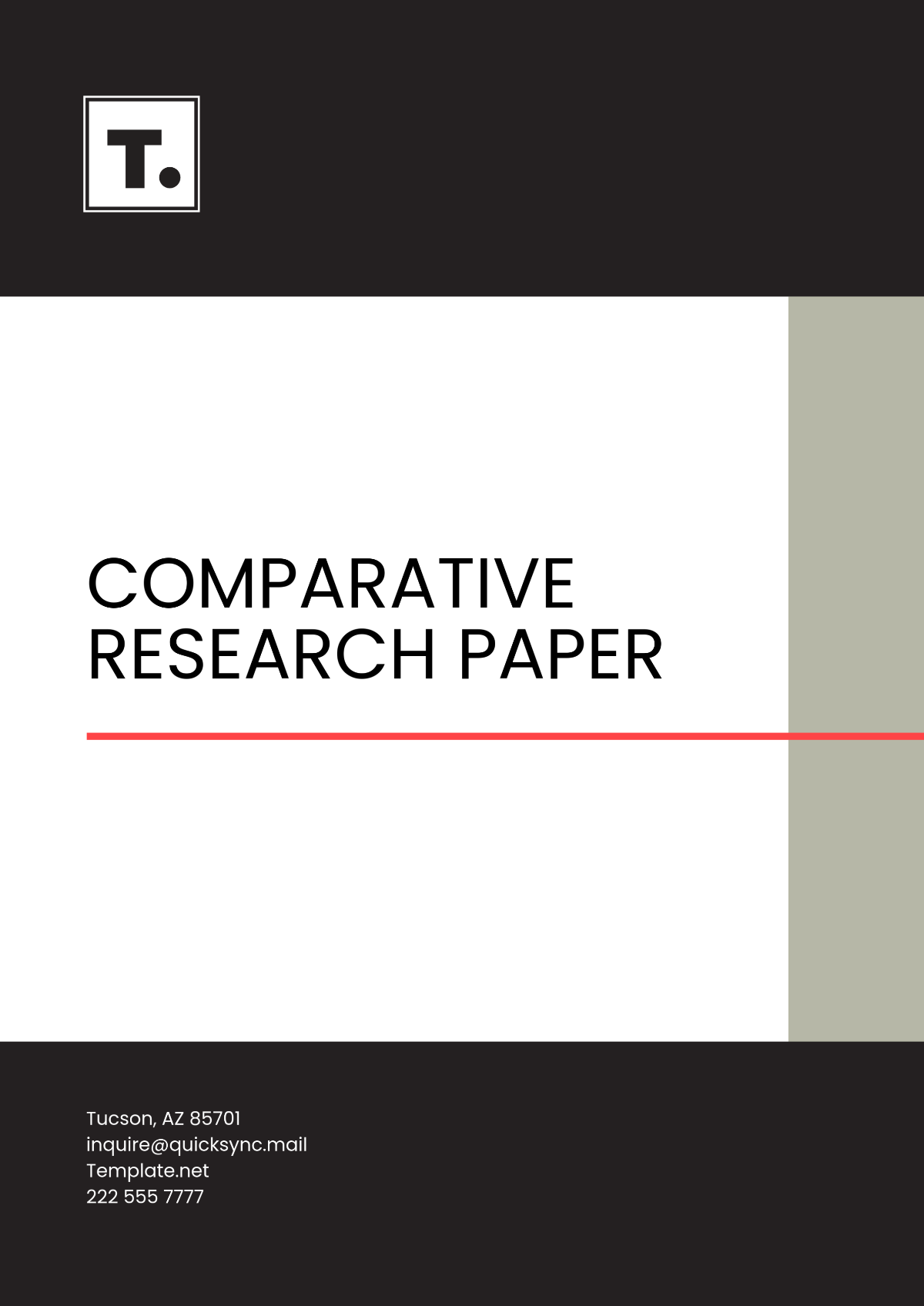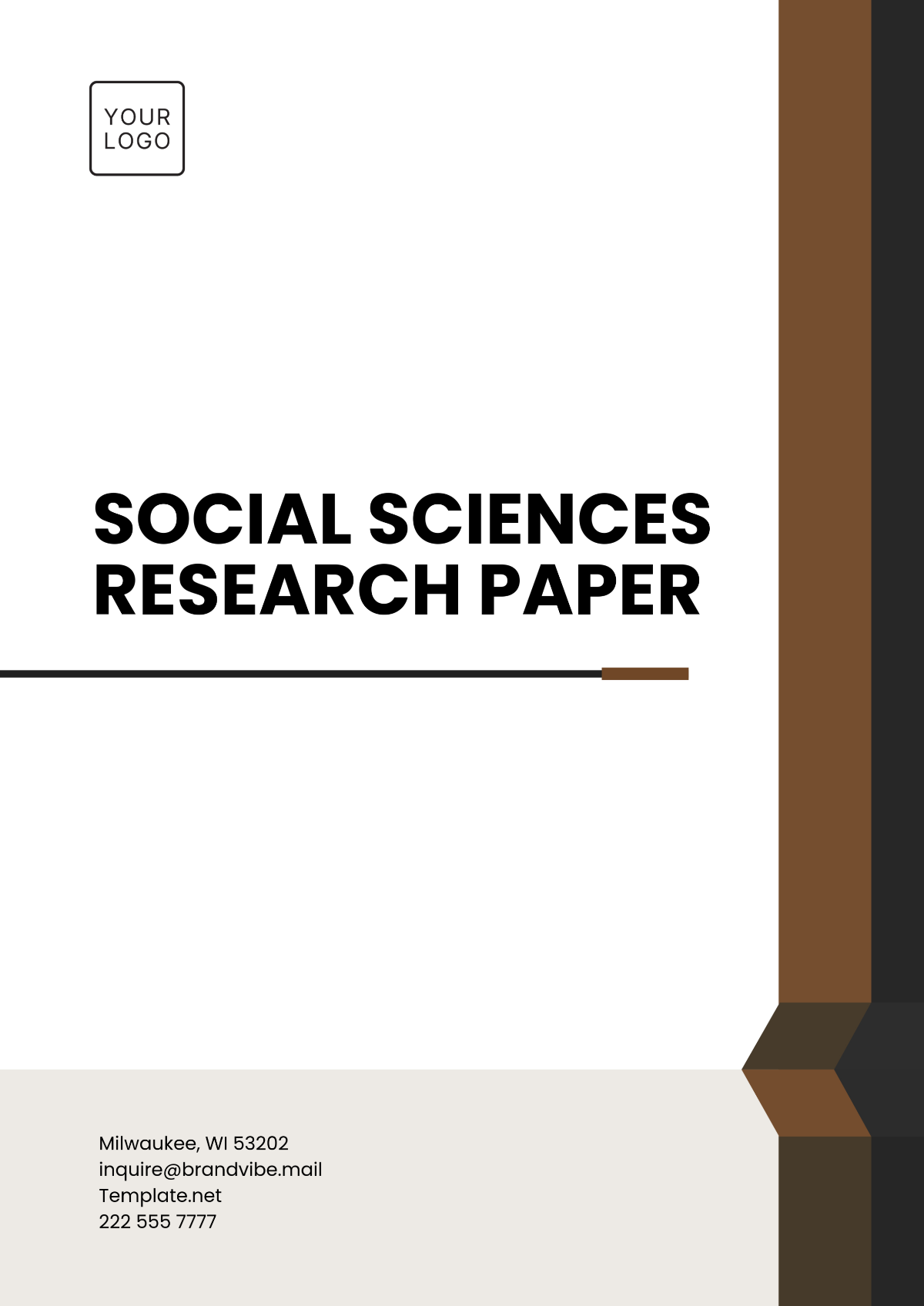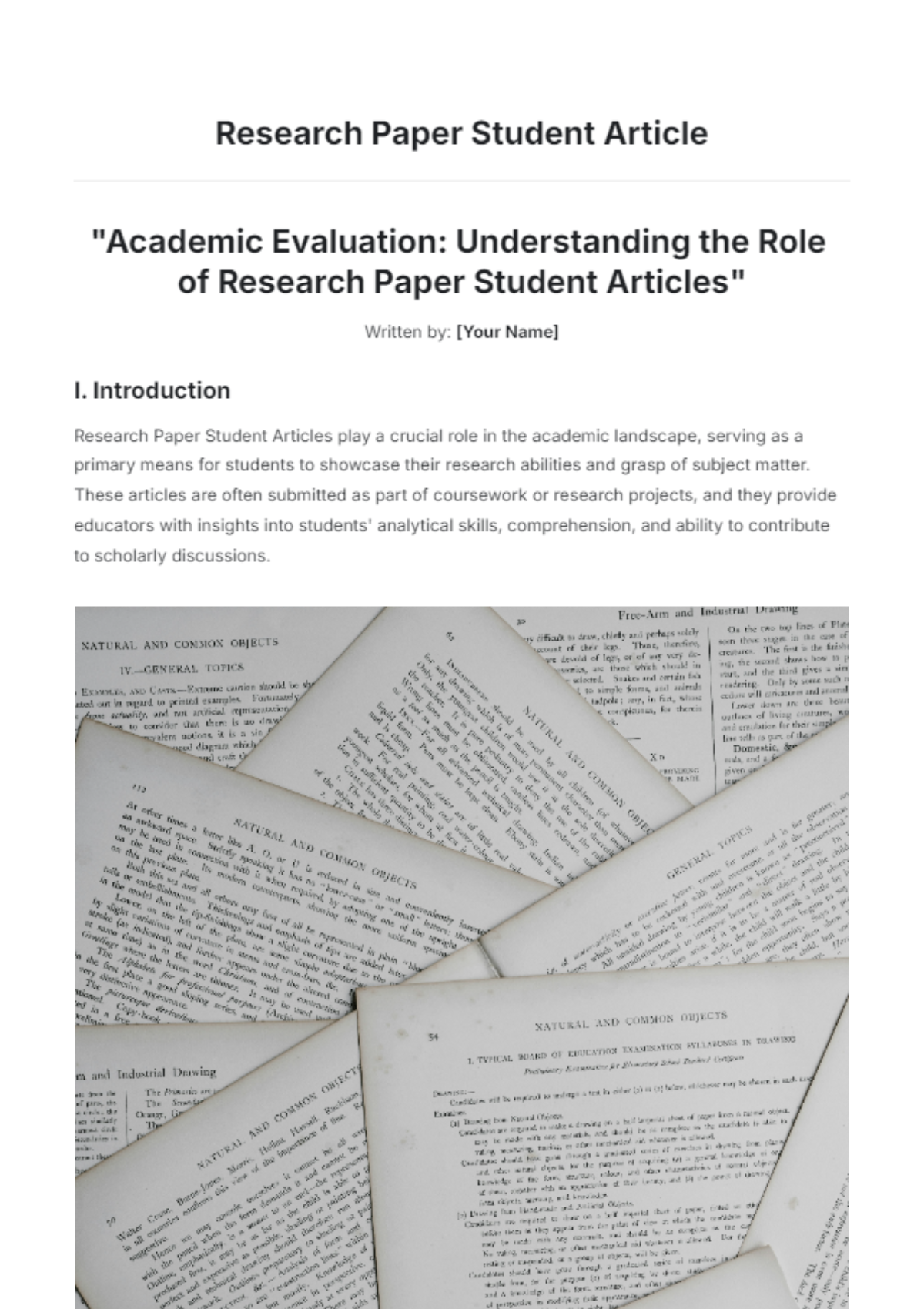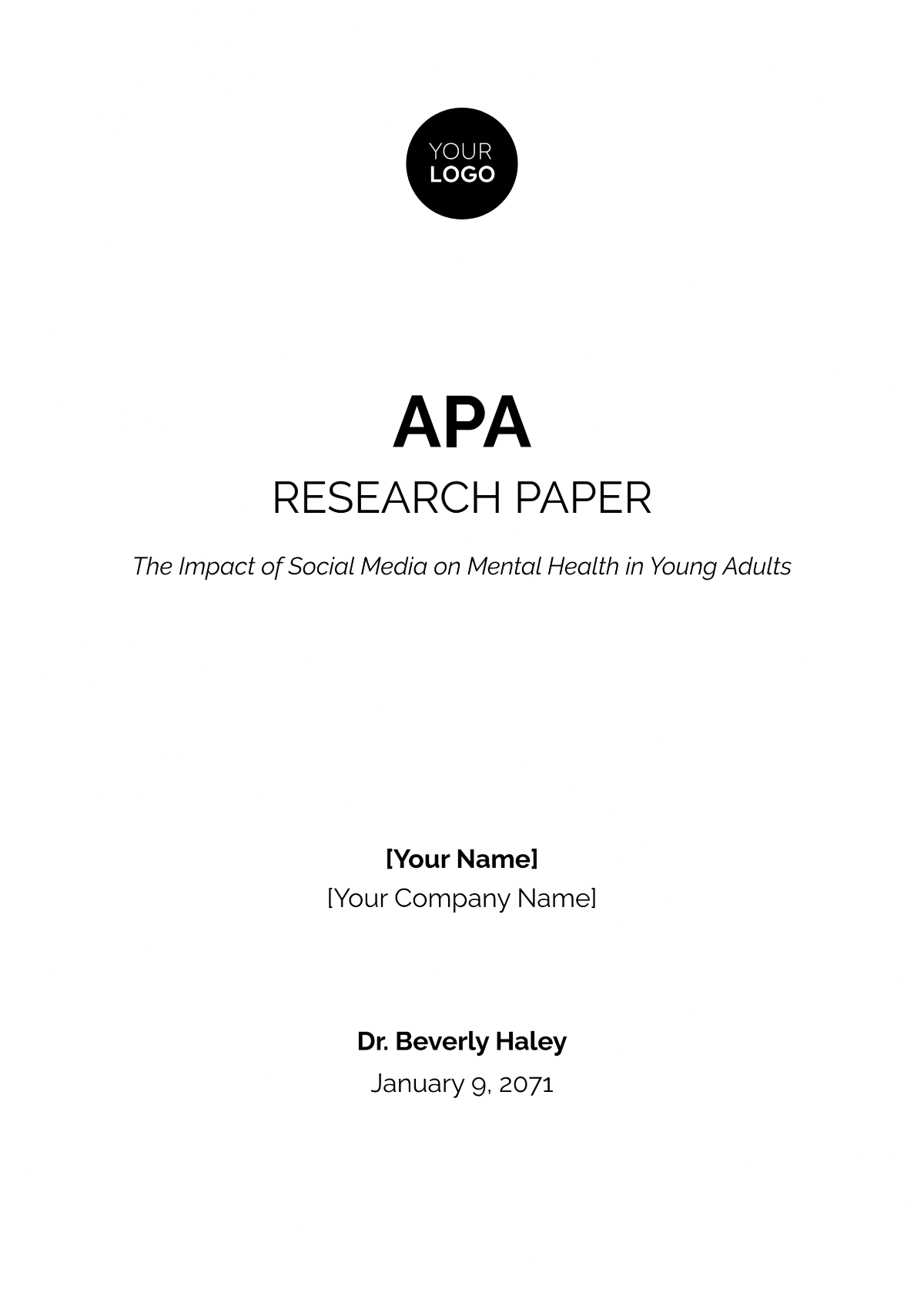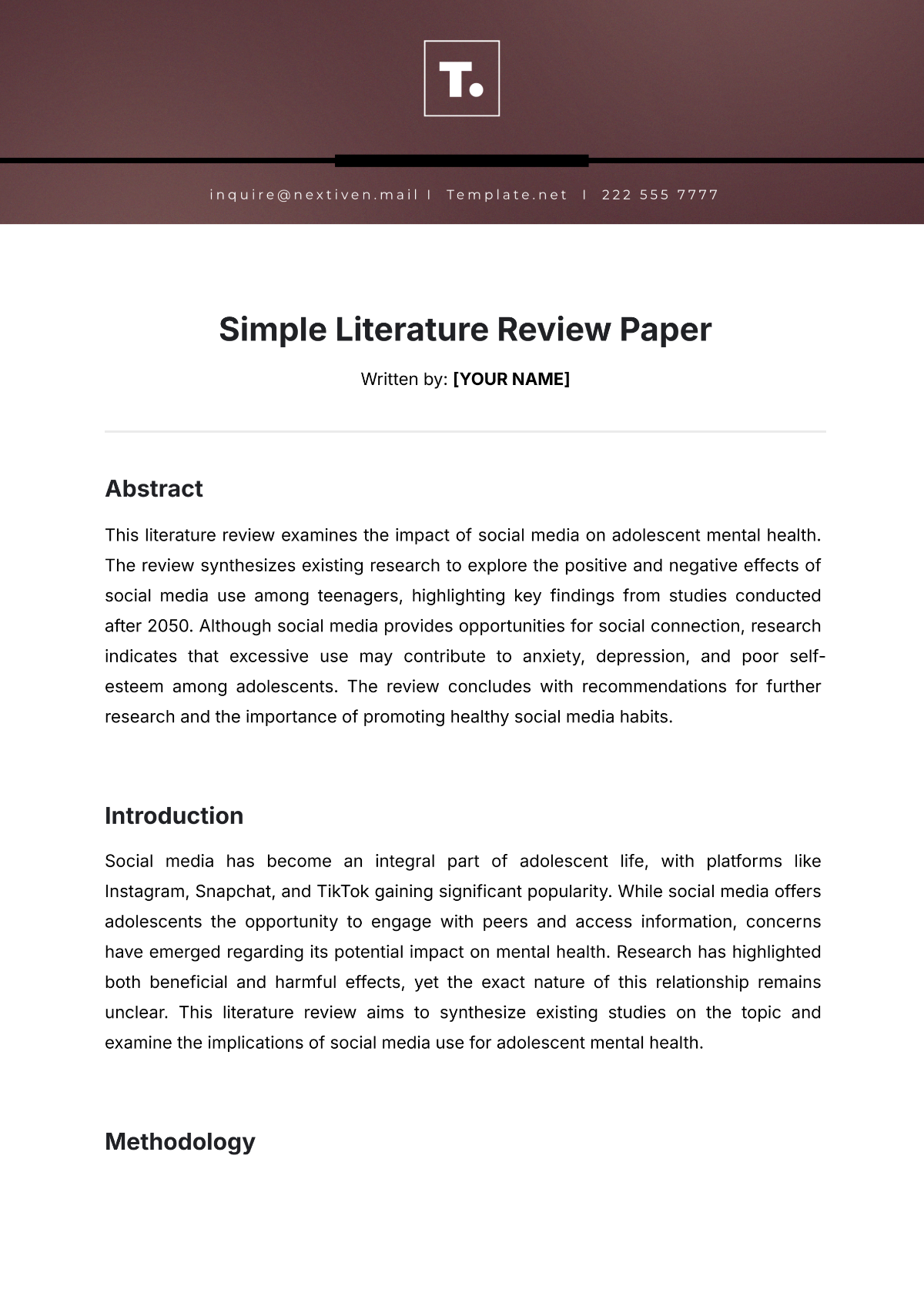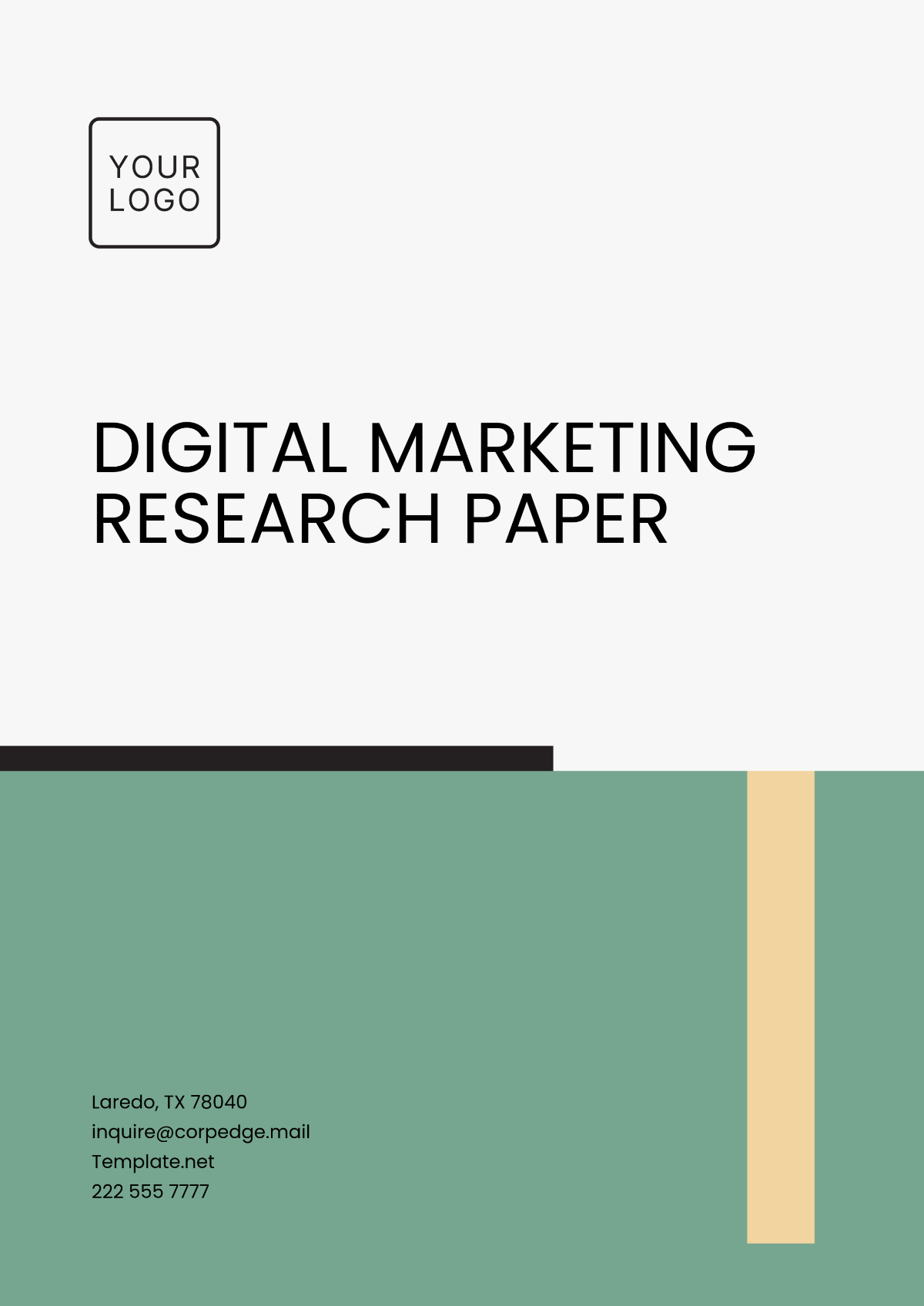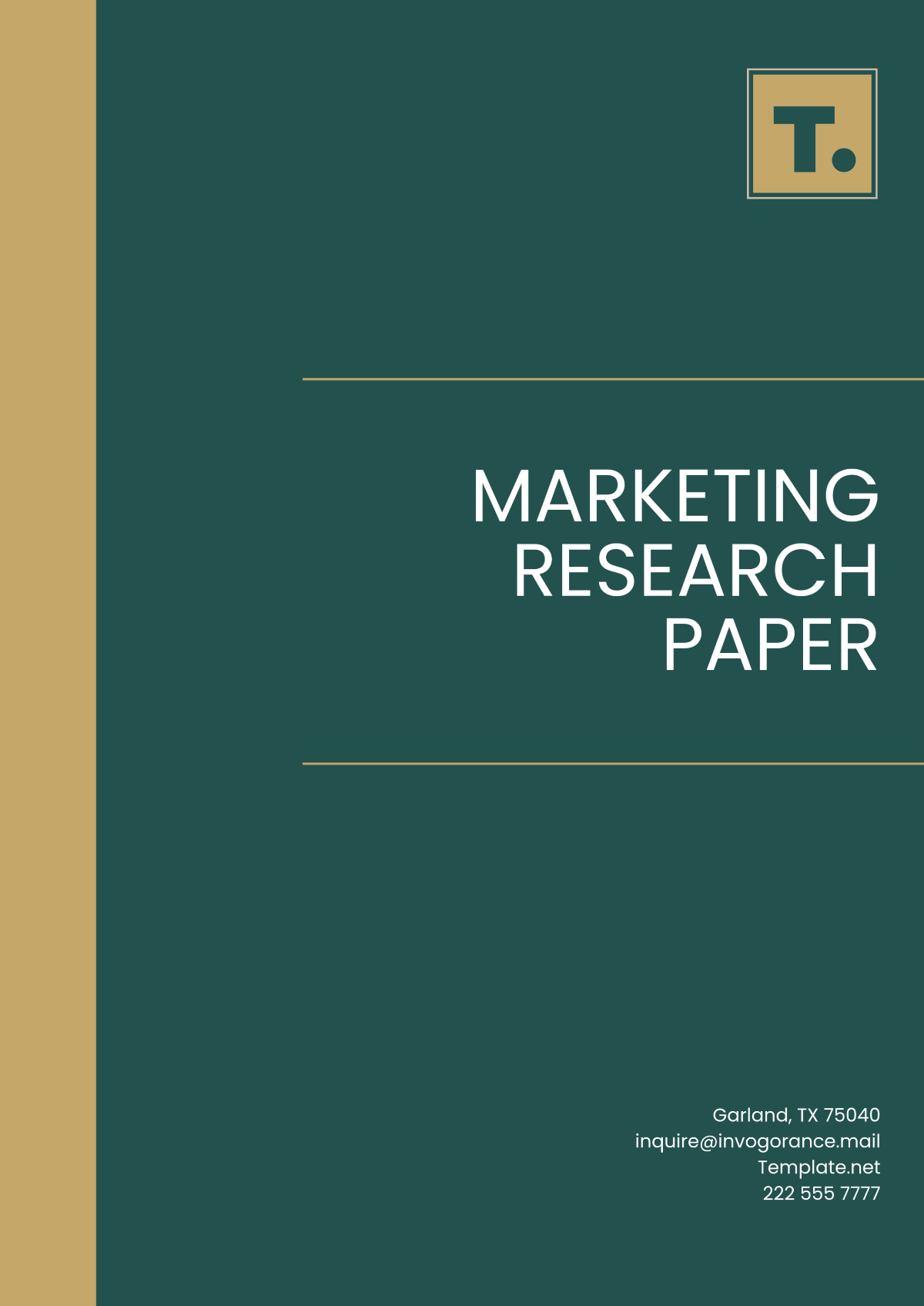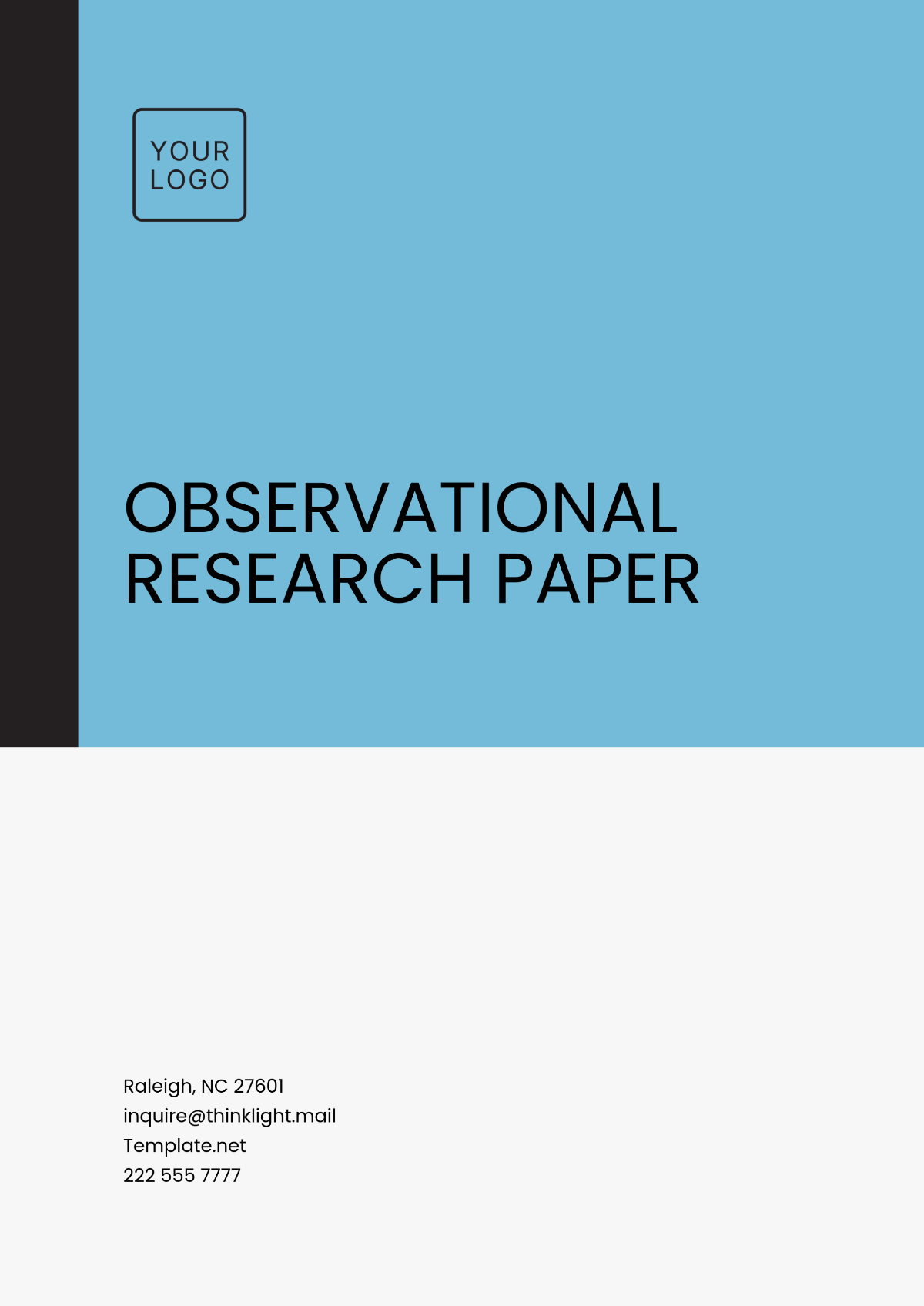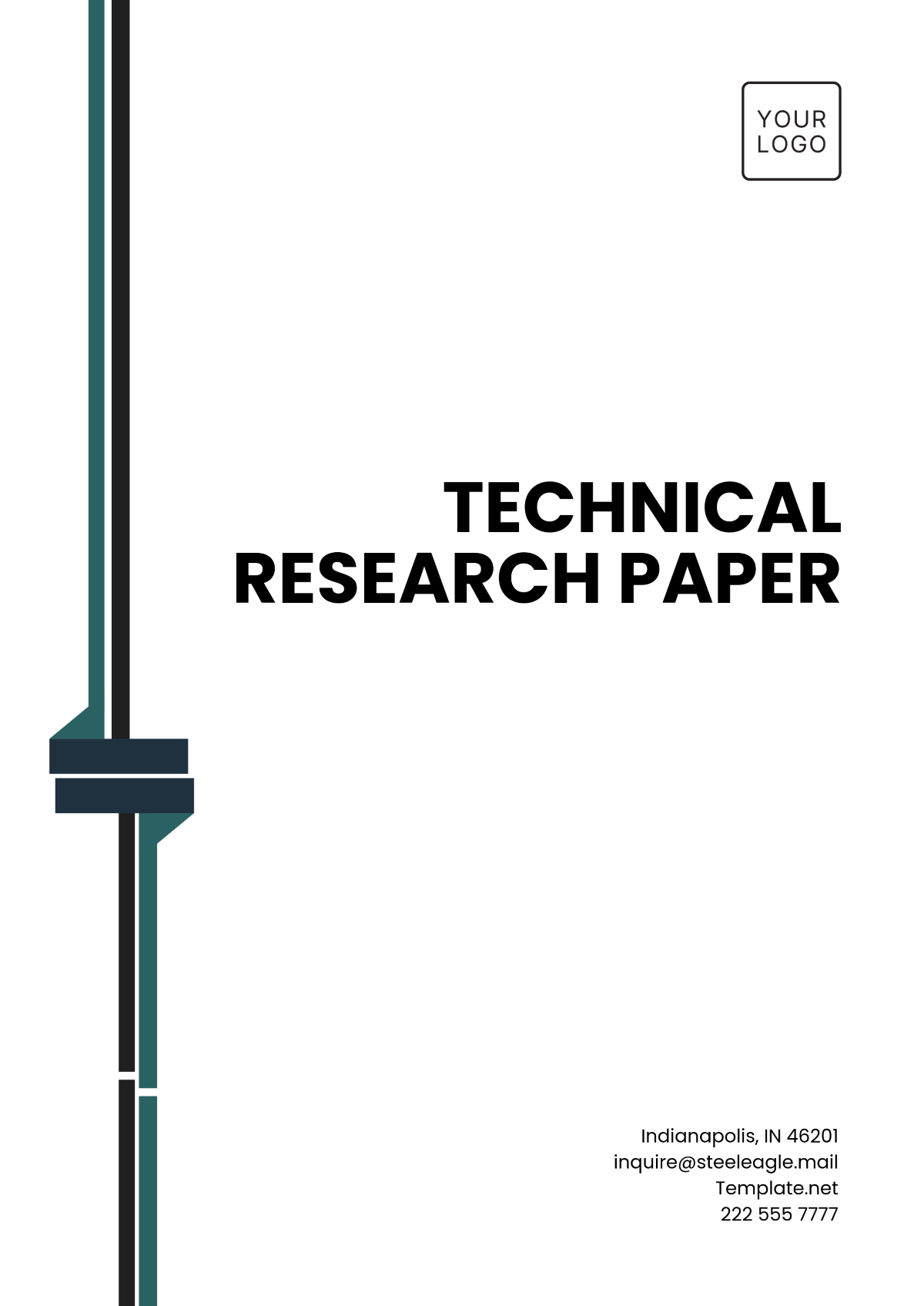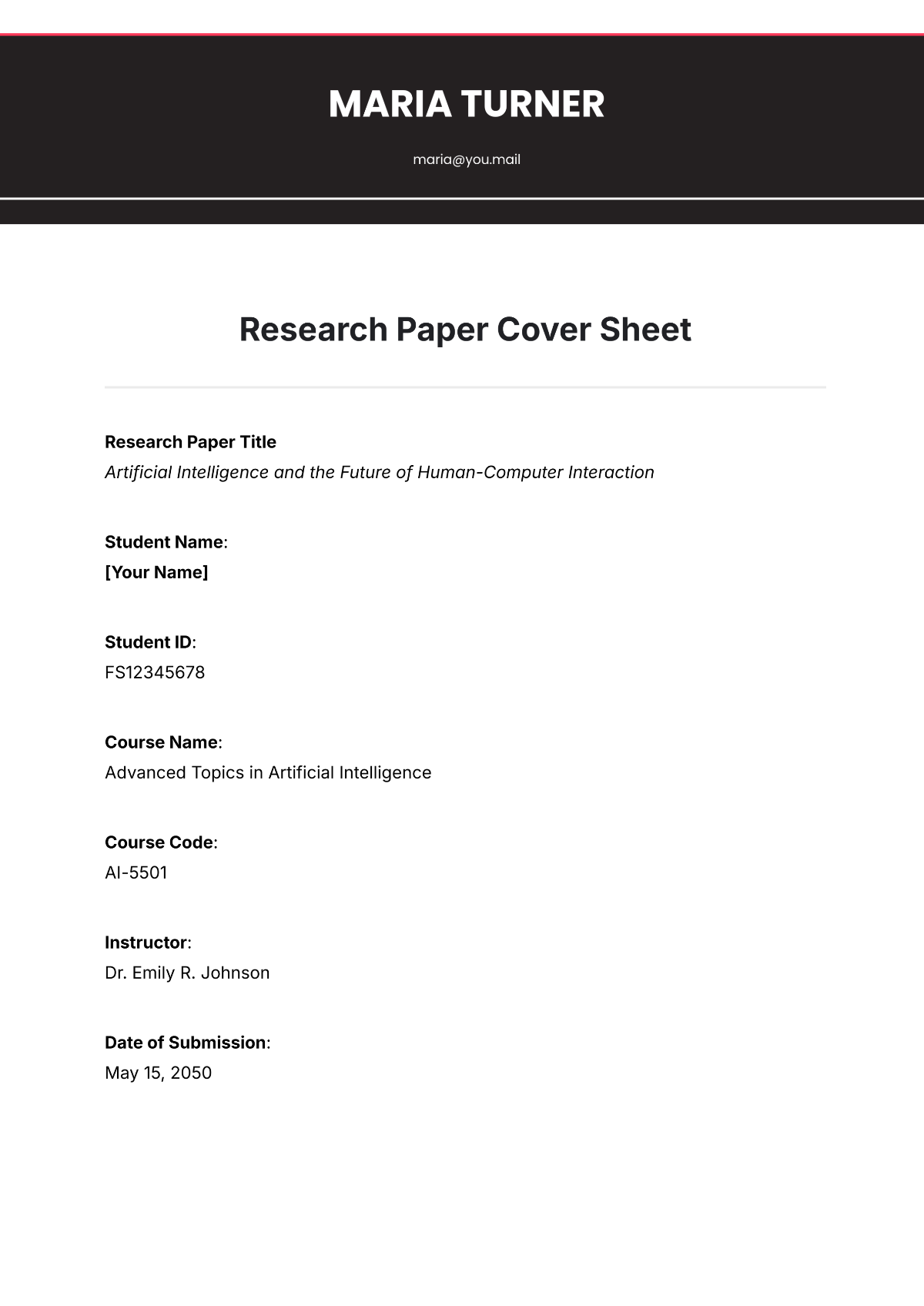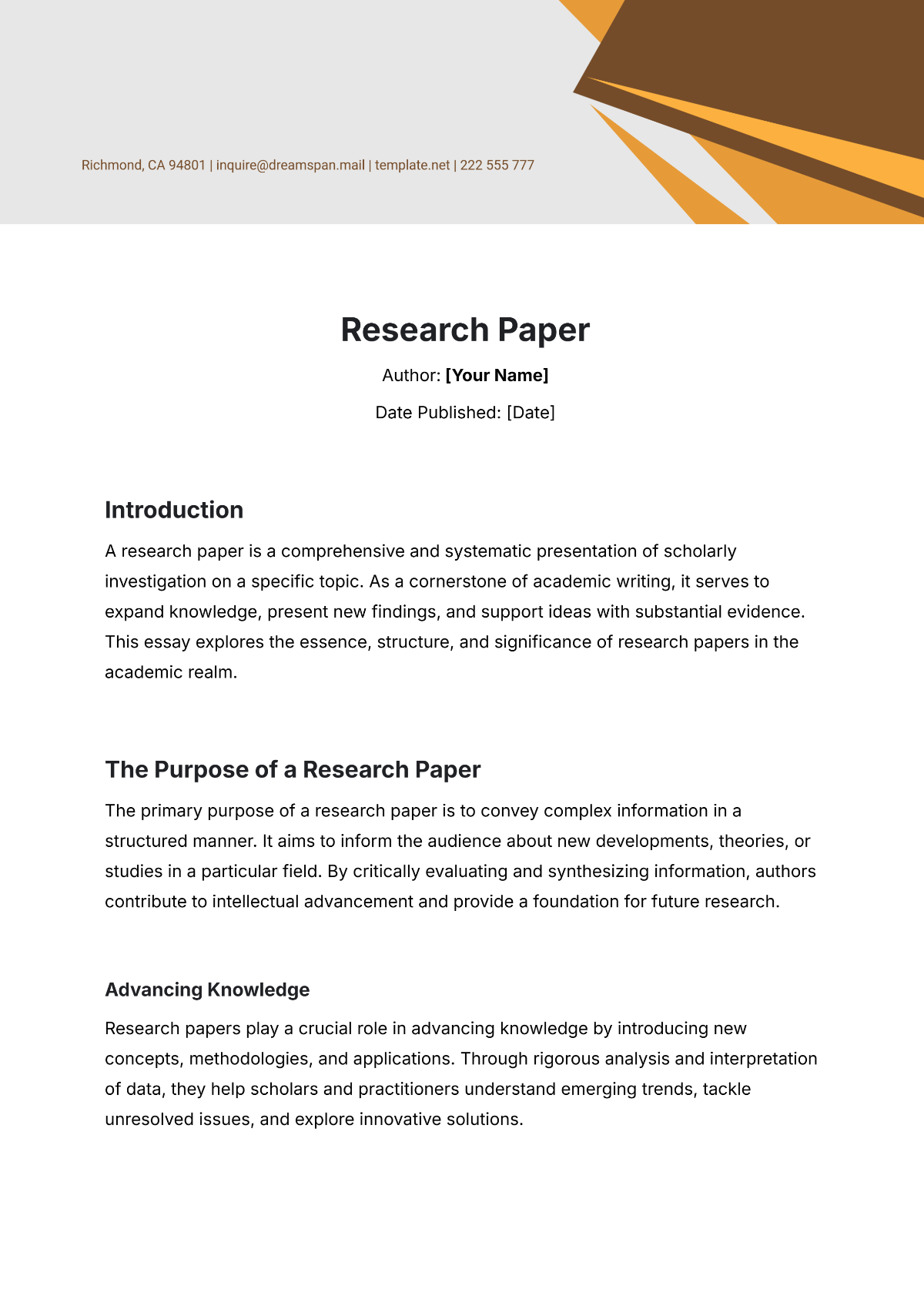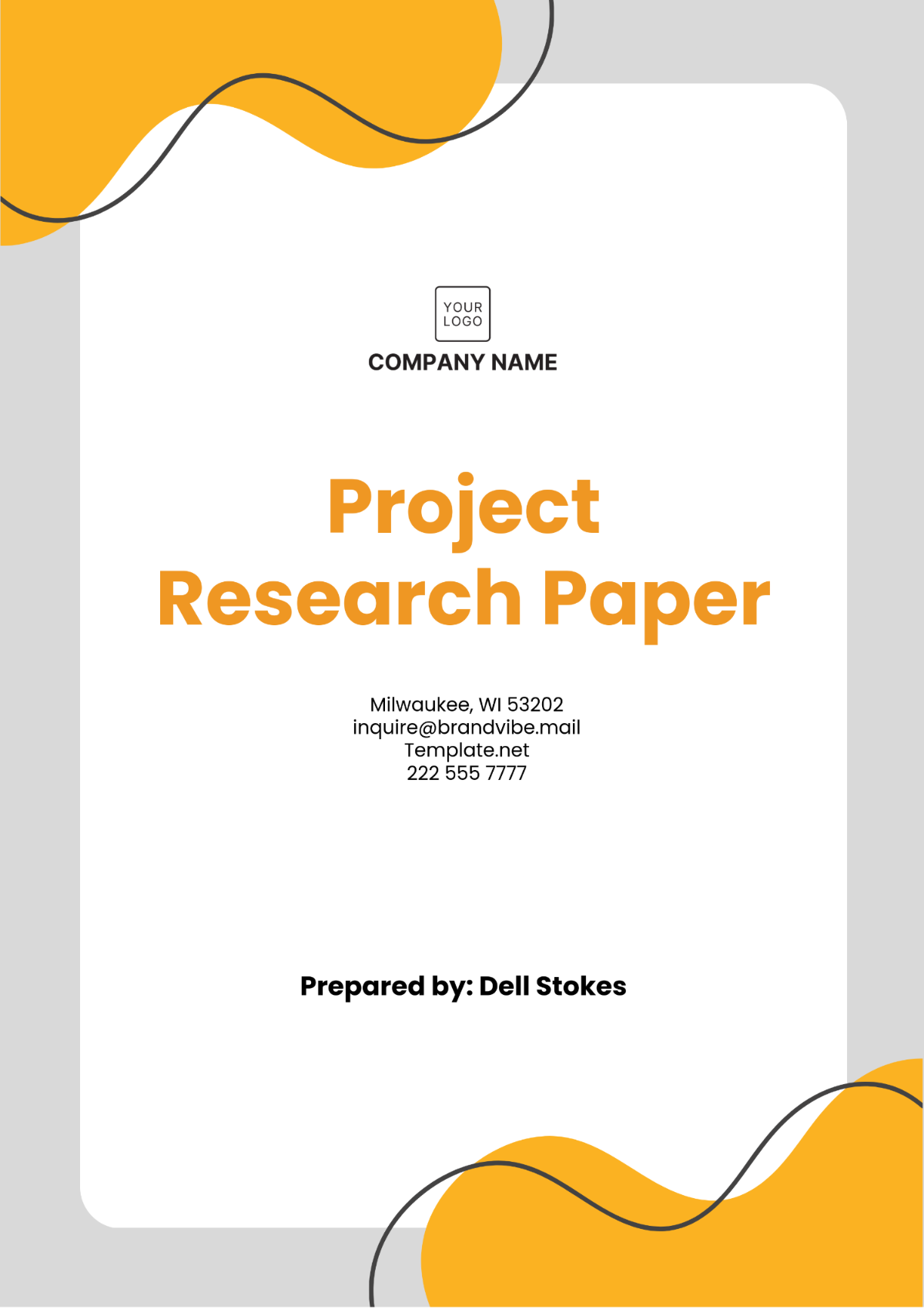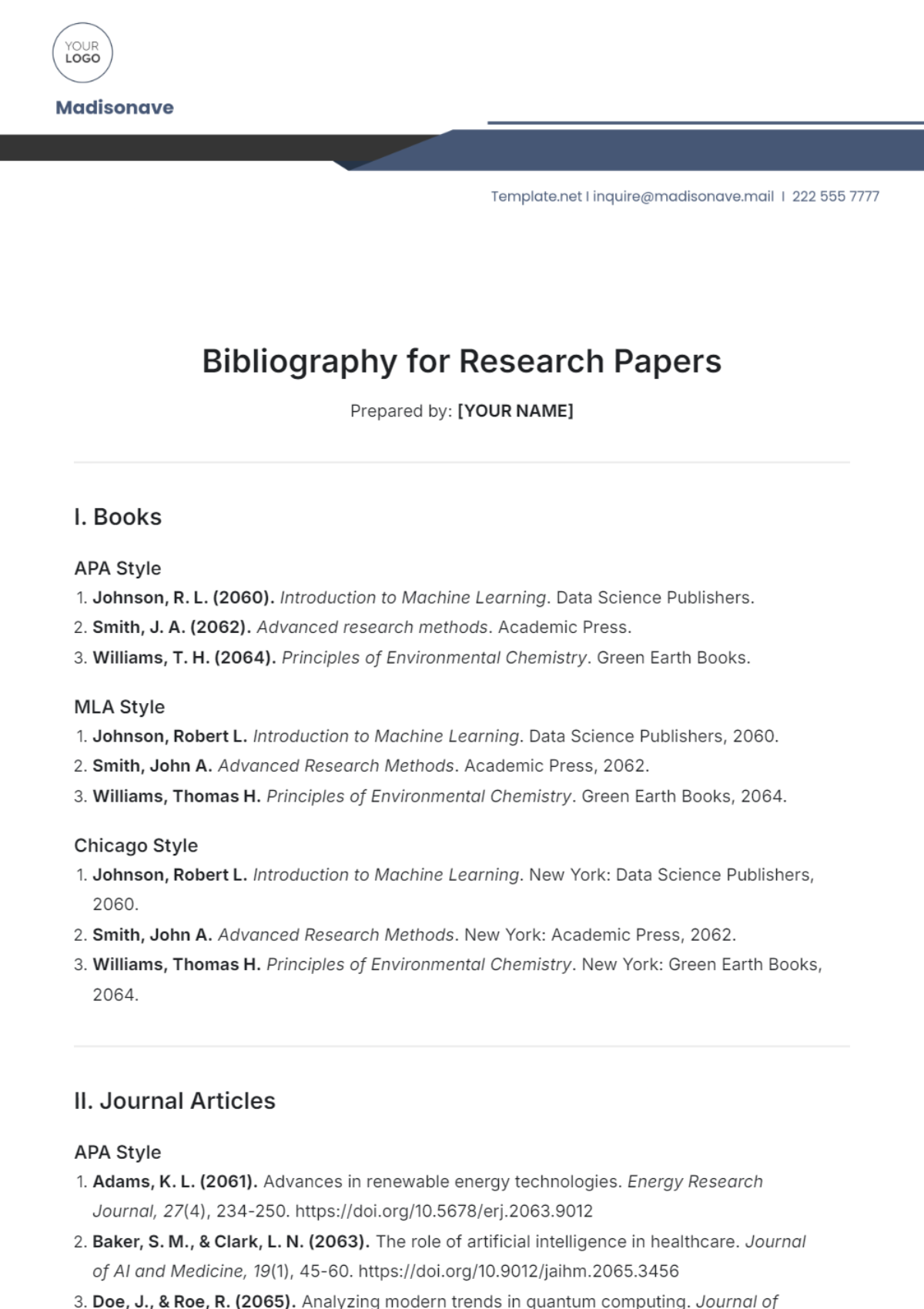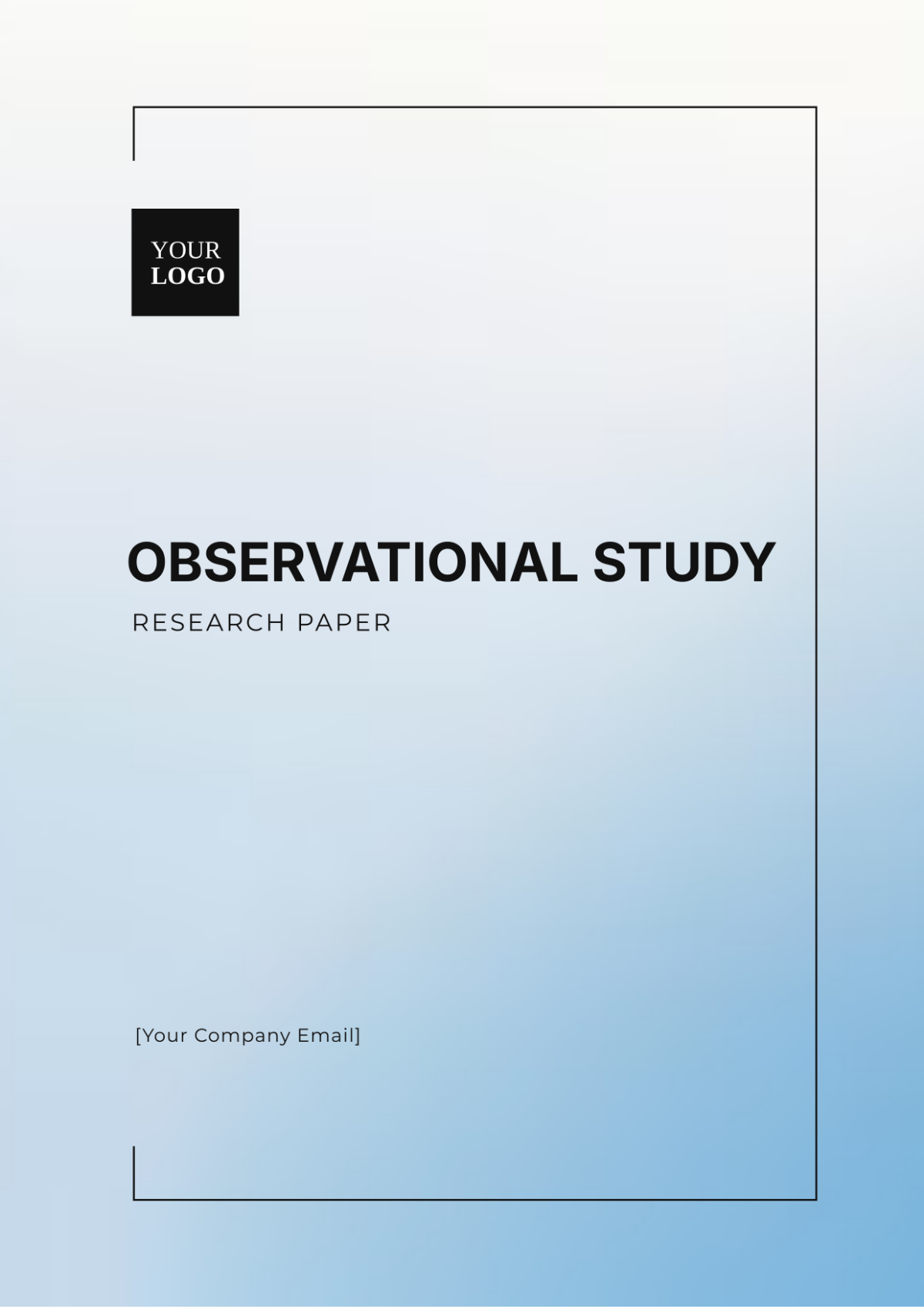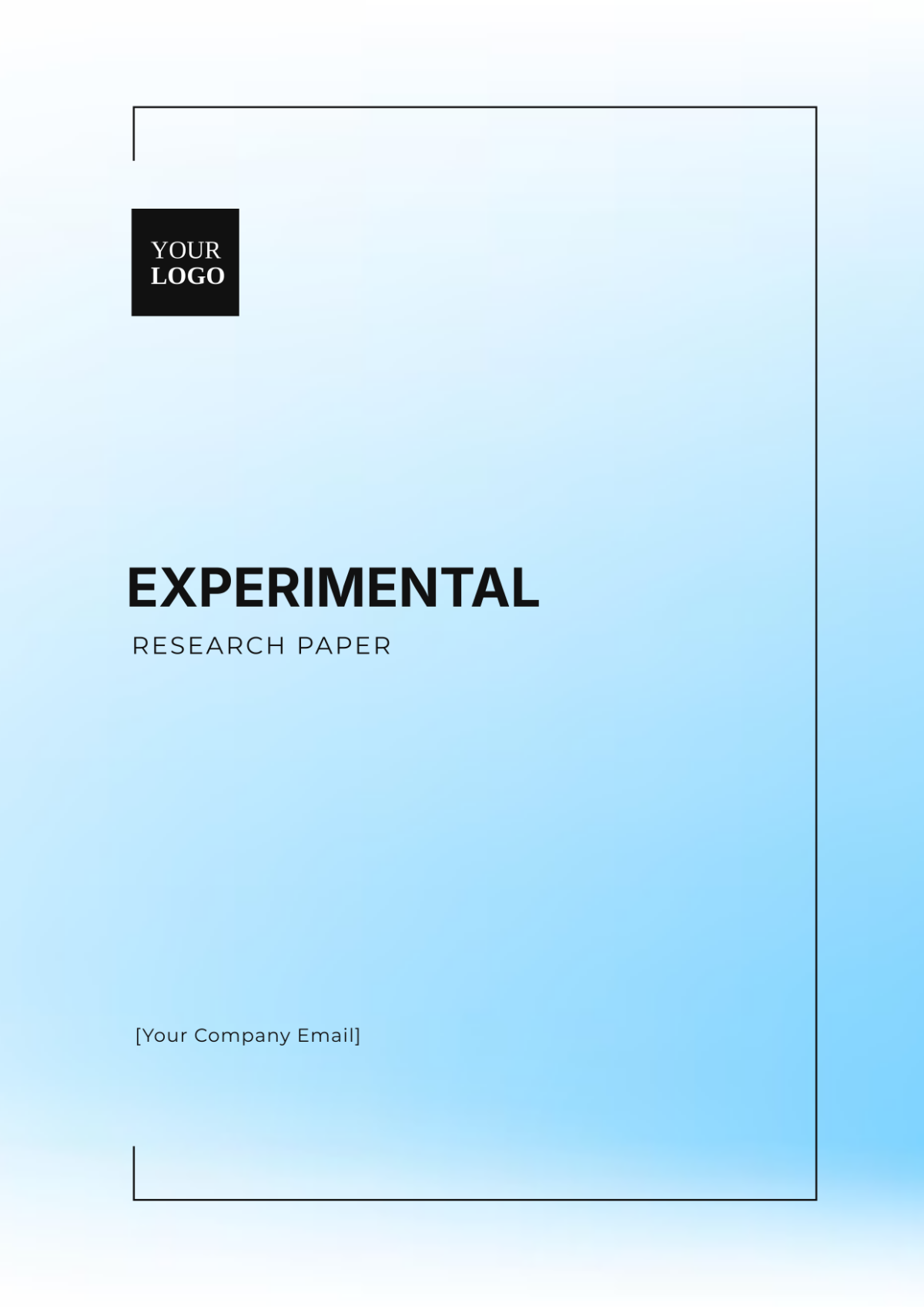Exploratory Research Paper
I. Title Page
Title | Exploring the Impact of Artificial Intelligence on Healthcare: A Comprehensive Examination |
Author Name | [Your Name] |
Institution | Global University of Technology |
Course Title | Advanced Healthcare Technology and Innovation |
Instructor Name | Dr. Emily Harper |
Date | January 15, 2061 |
II. Abstract
This exploratory research paper investigates the role of artificial intelligence (AI) in revolutionizing the healthcare industry. With AI systems advancing rapidly, their integration into healthcare practices presents significant changes in diagnosis, treatment options, and patient care. This paper explores the implications, benefits, and challenges of AI in healthcare, focusing on automation, precision medicine, and ethical concerns. Through qualitative research and case studies, we aim to identify the areas where AI can enhance the quality of healthcare delivery while considering potential risks and ethical dilemmas.
III. Introduction
Artificial intelligence (AI) has made significant strides in recent years, and its application in healthcare presents both opportunities and challenges. The integration of AI into healthcare systems offers the promise of revolutionizing patient care, enhancing diagnostic accuracy, and improving treatment outcomes. However, it also raises ethical questions and concerns about data privacy and patient safety. The purpose of this exploratory research is to examine the potential impact of AI technologies on the healthcare sector and to uncover the factors that influence their implementation.
Research Problem: The rapid development of AI technologies in healthcare presents a critical question: how can AI contribute to healthcare improvement while addressing ethical, practical, and regulatory concerns?
Research Objectives: This study aims to explore AI's capabilities, evaluate its current applications, and identify challenges that may hinder its full integration into healthcare systems.
IV. Literature Review
The literature review examines the current body of research related to AI in healthcare. Key areas of focus include AI in diagnostics, treatment planning, and patient monitoring. Many studies suggest that AI can outperform human doctors in certain diagnostic areas, such as detecting cancer or predicting patient deterioration. However, ethical concerns regarding AI's decision-making capabilities and the potential for bias in algorithms persist.
AI in Diagnostics: AI's ability to analyze vast amounts of medical data quickly and accurately has led to its successful application in medical imaging and diagnostic tools. For instance, AI has been used to detect abnormalities in radiology scans, sometimes with greater accuracy than human radiologists.
Precision Medicine: AI algorithms are also helping to personalize treatment plans based on individual genetic profiles. By predicting which treatments will be most effective, AI can enhance the precision of healthcare, ultimately improving patient outcomes.
Ethical and Legal Considerations: Concerns surrounding AI decision-making processes, accountability, and patient consent have been widely discussed. While AI can offer objective solutions, it remains crucial to consider how algorithms are trained and who is accountable when an AI system fails.
V. Research Questions/Problem Statement
The key research questions that guide this exploratory paper are:
How does artificial intelligence impact healthcare, particularly in terms of diagnostic accuracy, patient care, and treatment?
What are the primary ethical concerns associated with AI in healthcare, and how can these issues be addressed?
What challenges exist in the widespread adoption of AI technologies in healthcare, and what strategies can overcome them?
VI. Methodology
This research employs a qualitative exploratory approach to understand the complexities of AI in healthcare. The methodology involves:
Case Studies: Detailed case studies from hospitals and healthcare systems that have implemented AI technologies, including their successes and challenges.
Expert Interviews: Interviews with healthcare professionals, AI developers, and policymakers to gather insights into the current landscape of AI in healthcare.
Literature Synthesis: A review of existing studies and reports to identify common trends, benefits, and challenges across various AI applications in healthcare.
The research focuses on secondary data sources, such as academic articles, industry reports, and real-world examples of AI integration.
VII. Findings/Results
The findings of this research show that AI has transformative potential in healthcare, particularly in enhancing diagnostic accuracy, personalizing treatments, and improving operational efficiency. However, the integration of AI is not without challenges:
Diagnostic Improvement: AI has shown promise in diagnosing diseases like cancer, diabetes, and heart disease earlier than traditional methods.
Personalized Medicine: AI-driven technologies have helped tailor treatments based on individual patient data, leading to better outcomes.
Challenges: Ethical concerns, such as the lack of transparency in AI decision-making, the need for diverse data sets to avoid bias, and data privacy issues, continue to be barriers to AI adoption in healthcare.
VIII. Discussion
The integration of AI into healthcare is a double-edged sword. On one hand, it holds the potential to revolutionize the industry, making healthcare more efficient, accurate, and personalized. On the other hand, ethical issues such as bias in AI algorithms, the loss of human judgment in decision-making, and the potential for job displacement in the healthcare sector need to be addressed. The paper highlights the importance of establishing regulatory frameworks to guide AI's development and implementation in healthcare.
In terms of future implications, AI is expected to play a pivotal role in addressing global healthcare disparities by providing access to high-quality care in underserved regions. However, AI systems must be designed and implemented with fairness and accountability in mind.
IX. Conclusion
Artificial intelligence is undeniably shaping the future of healthcare, offering innovative solutions that could enhance diagnostic accuracy, patient care, and treatment outcomes. However, to fully realize AI's potential, it is crucial to address the ethical, practical, and regulatory challenges associated with its use. The findings of this paper suggest that while AI can significantly improve healthcare delivery, careful consideration of its impact on patients and healthcare professionals is necessary for sustainable integration.
Future research should focus on refining AI technologies to reduce bias, ensuring transparency in decision-making processes, and developing comprehensive policies to protect patient rights and data security. As AI continues to evolve, its successful integration into healthcare systems will depend on collaborative efforts between technologists, healthcare professionals, and policymakers.
X. References
Smith, J., & Williams, K. (2060). Artificial Intelligence in Healthcare: A New Frontier. Journal of Healthcare Technology, 12(4), 34-56.
Doe, A. (2060). The Ethics of AI in Medicine: Challenges and Solutions. Ethics in Technology Review, 8(1), 45-78.
Brown, L., et al. (2060). Precision Medicine and AI: Current Trends and Future Prospects. Medical Innovation Reports, 15(2), 22-40.



